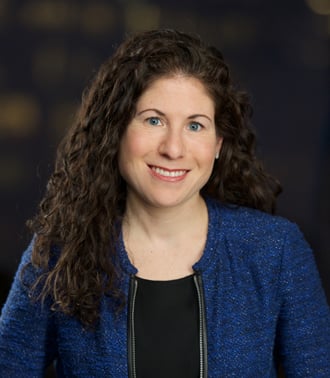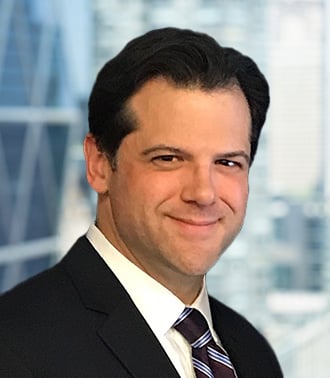Novo Nordisk Secures Trial Victory in Off Label Promotion, Kickback Case
On November 7, 2025, a federal jury found in favor of Novo Nordisk on all claims brought in Siegel v. Novo Nordisk, Inc., No. 3:23-cv-05459 (W.D. Wash.), a False Claims Act case in which the state of Washington (Washington) and a relator alleged that the company defrauded government health insurance programs by promoting off-label uses of its hemophilia product and paying kickbacks to both doctors and patients.
The lawsuit dates back to 2015 when the relator, Dr. Jamie Siegel, Novo’s former Director of Hematology, brought suit against Novo in the Western District of Oklahoma. Although the United States and other states declined to intervene, in 2020, Washington joined the relator to assert claims against Novo. Specifically, they alleged that Novo promoted its hemophilia drug, NovoSeven, for unapproved uses, including at high doses and for prophylactic use. According to Washington and the relator, Novo’s off-label promotion included manipulation of scientific literature, dissemination of posters promoting off-label uses, publication of studies demonstrating the efficacy of off-label uses, and payments to doctors for lectures discussing off-label use. Washington and the relator also alleged that Novo provided kickbacks to doctors and patients, including through patient assistance programs and sponsored patient camps.
In 2022, the district court in the Western District of Oklahoma granted in part and denied in part Novo’s motion to dismiss. Although the court found the allegations of a national illegal marketing scheme insufficiently pleaded and dismissed them, it concluded that there was sufficient detail as to Novo’s alleged off-label promotion of NovoSeven in Washington. In particular, the court found relator had sufficiently alleged that Novo employees visited a specific patient’s medical facility to promote NovoSeven off-label and paid kickbacks to the patient to induce his off-label use, which resulted in over $53 million in Medicaid claims submitted to Washington from 2009 to 2013. The court found relator had adequately alleged that the off-label uses were not “reasonable and necessary,” “medically accepted,” or “safe and effective,” rendering those uses ineligible for reimbursement by the federal healthcare programs. With the dismissal of all non-Washington-related claims, the case was transferred to the Western District of Washington.
In 2024, after relator amended her complaint to add additional allegations of a nationwide scheme in an effort to reassert those claims, Novo again moved to dismiss. Though before a different judge, the conclusion was the same: The nationwide claims were deficient because there was an insufficient connection between the alleged off-label marketing and the submission of any allegedly false claims.
Confined to the Washington-only conduct, the three-week jury trial began on October 17, 2025. Plaintiffs portrayed Novo as interfering with the doctor-patient relationship by encouraging doctors to prescribe its drug at high doses and for prophylactic use, as well as by paying kickbacks. Novo’s attorneys defended the company’s actions as supporting patient care, and pointed to the medical necessity of the treatments. After deliberating for just under four hours, the jury returned its verdict, finding in favor of Novo.
Although the outcome in Siegel underscores the fact-specific nature of a False Claims Act case, it also serves as a reminder that these matters sometimes can and do proceed to trial — even after years of litigation and multiple rounds of motion practice. Therefore, early case assessment and trial-readiness should be part of the strategy from the outset. For companies facing these types of allegations in particular, establishing the medical necessity of treatment, the lack of interference in the doctor-patient relationship, and compliance efforts is critical. Equally important is documenting the legitimacy of scientific engagement and patient support programs. In short, prepare for the long game: Dismissal is not guaranteed, and juries may ultimately be the ones to decide whether a company’s conduct aligns with legal requirements.
© Arnold & Porter Kaye Scholer LLP 2025 All Rights Reserved. This Blog post is intended to be a general summary of the law and does not constitute legal advice. You should consult with counsel to determine applicable legal requirements in a specific fact situation.


